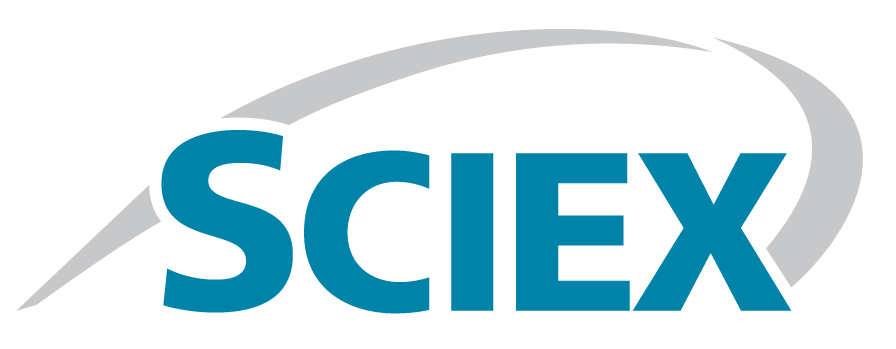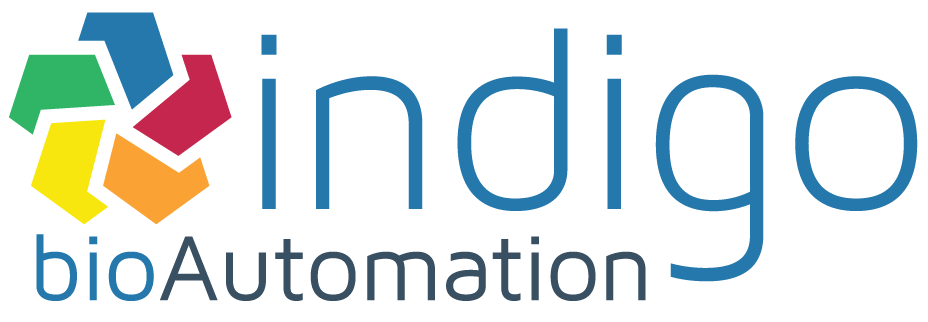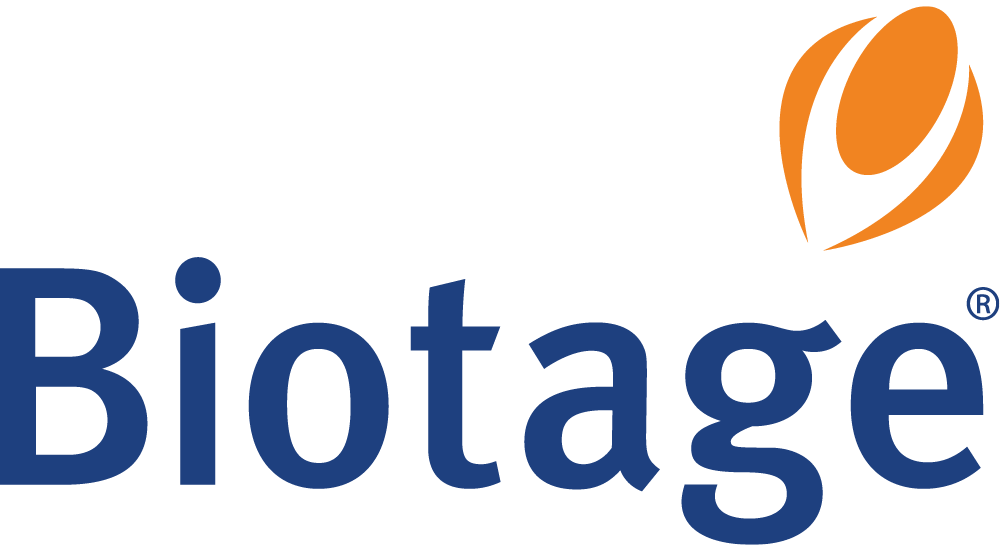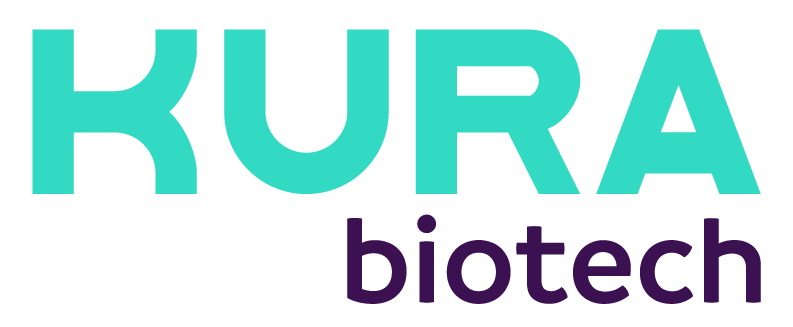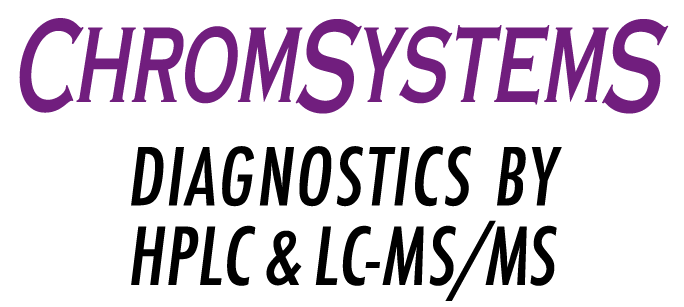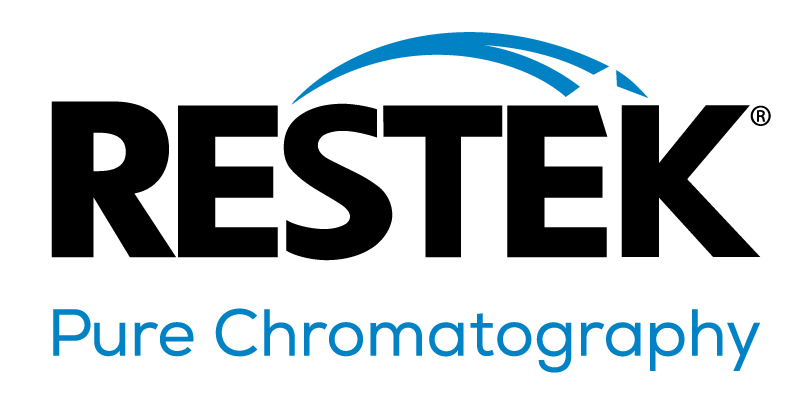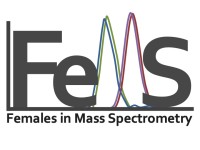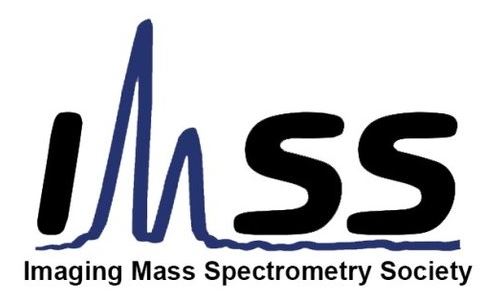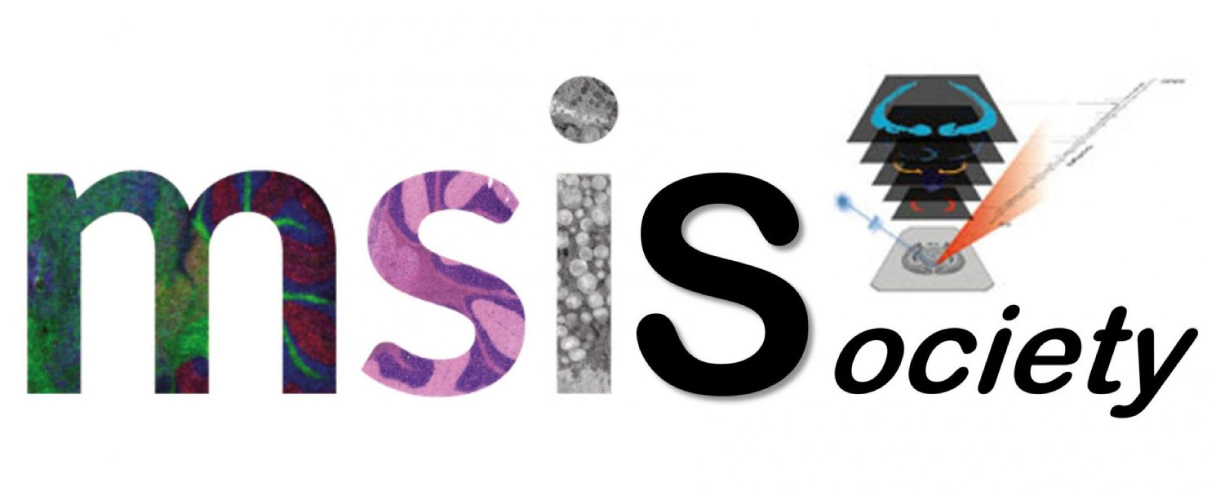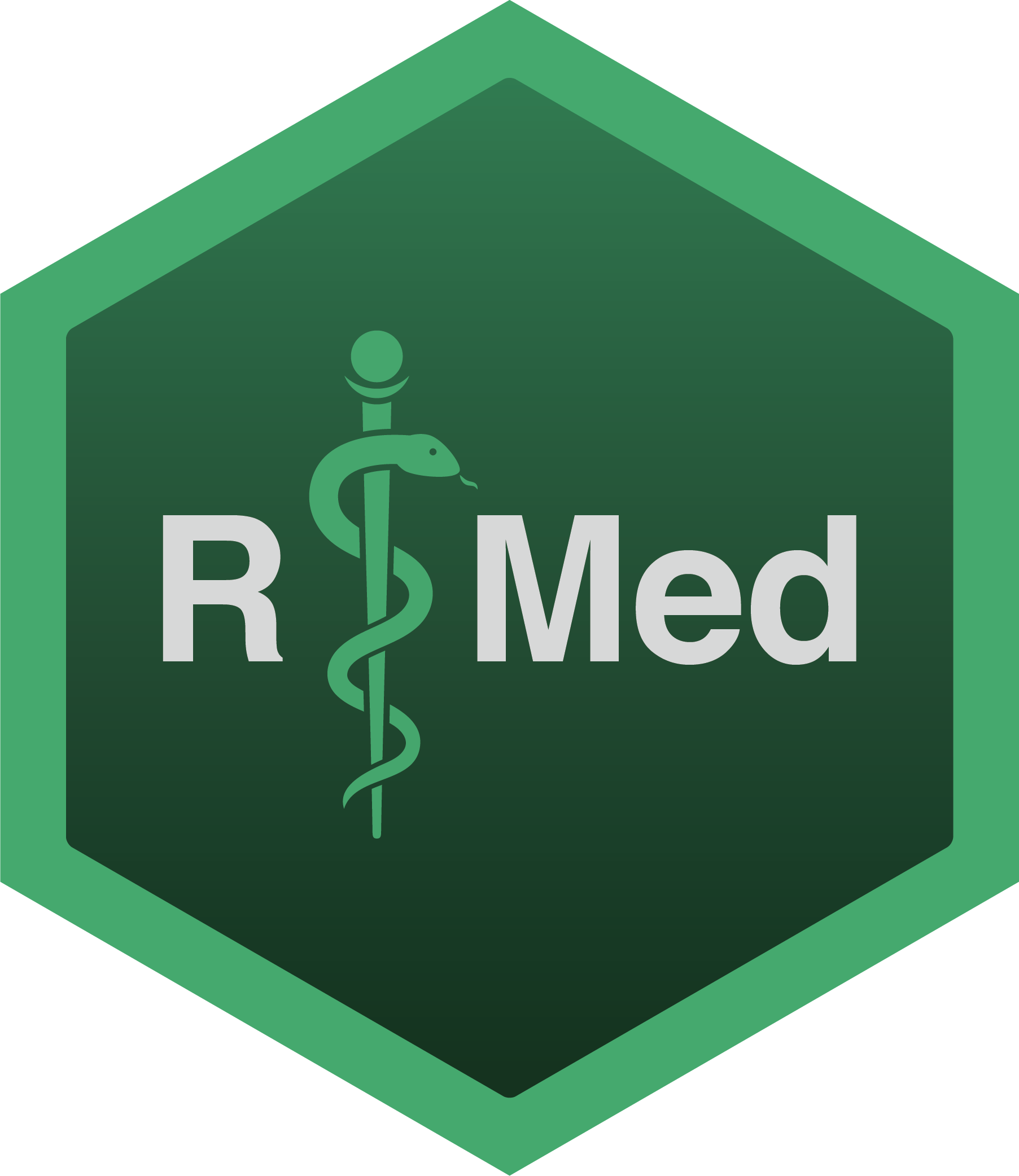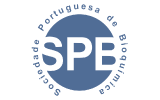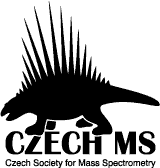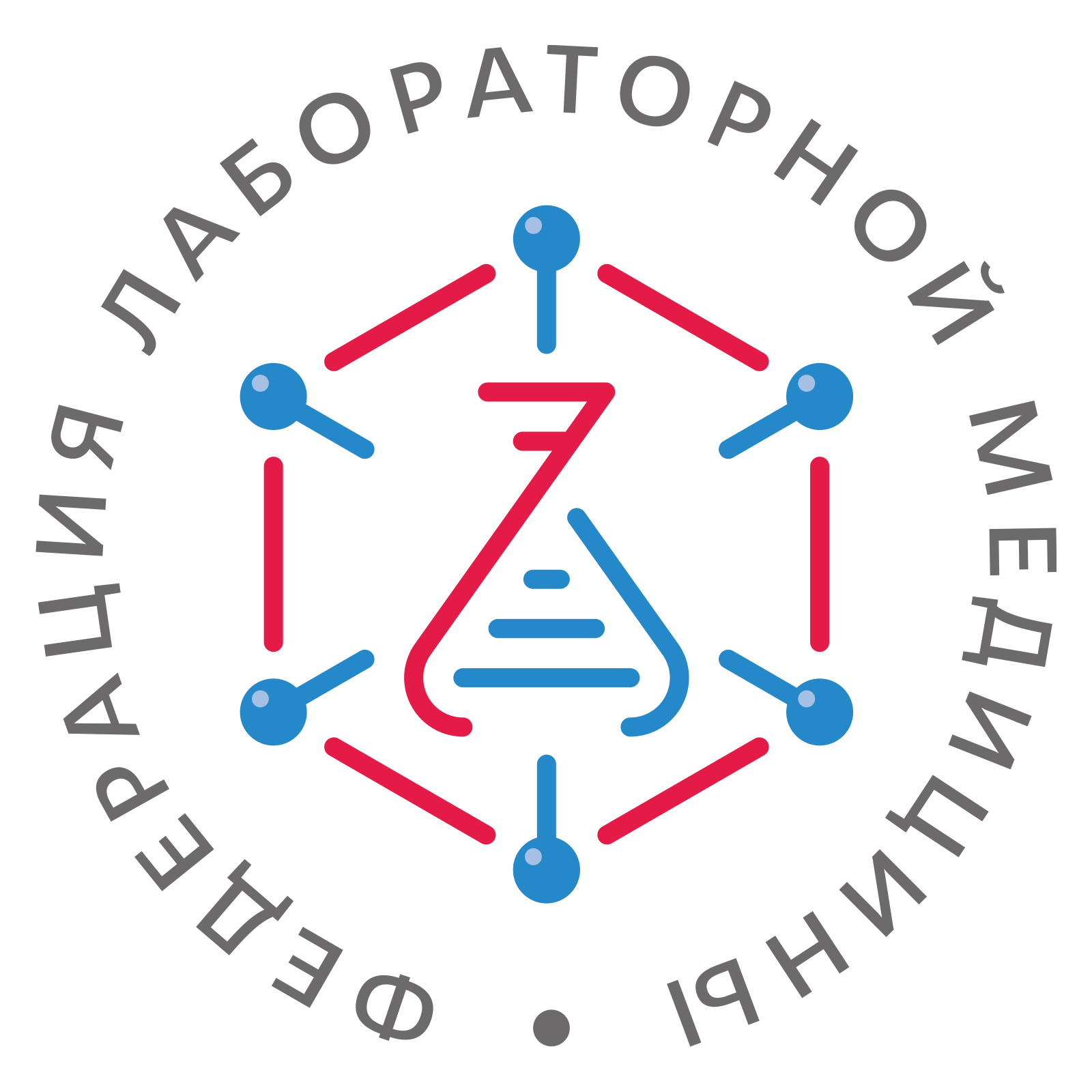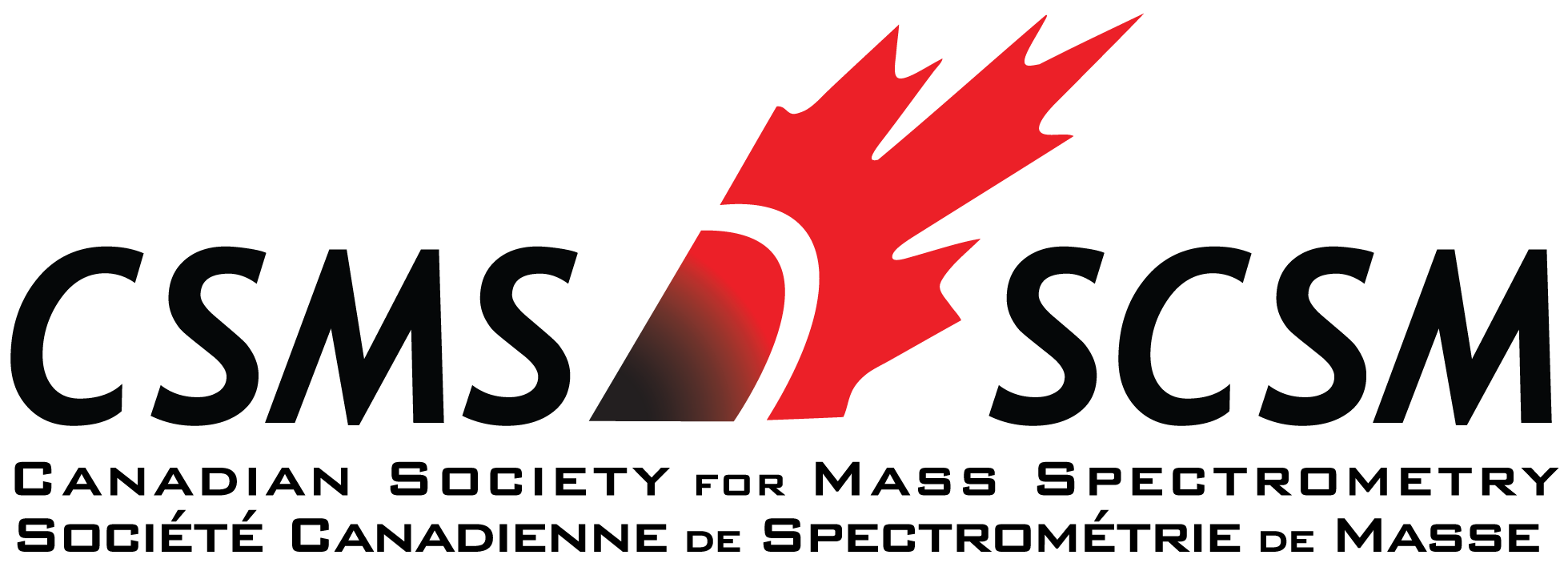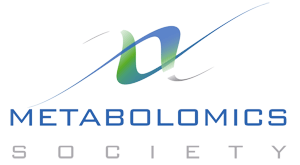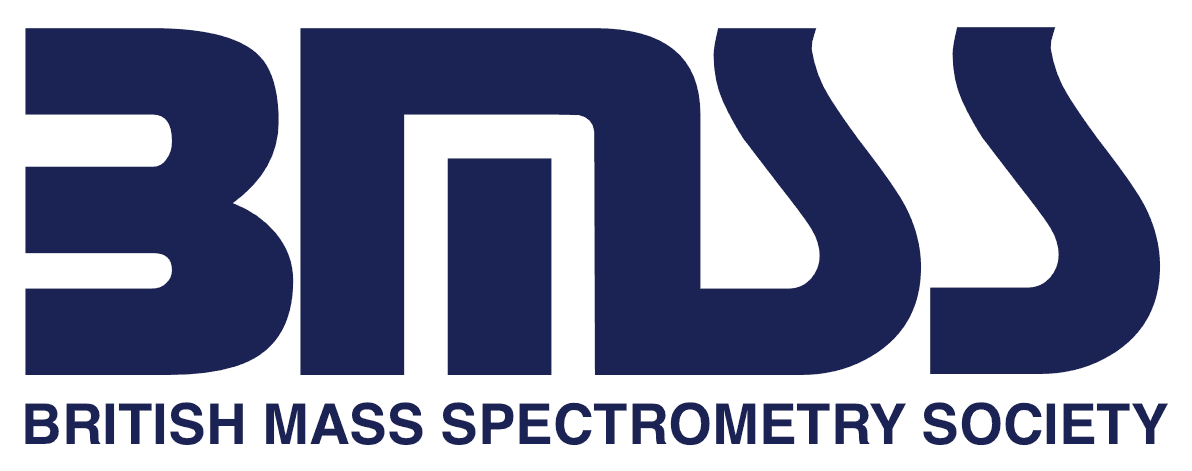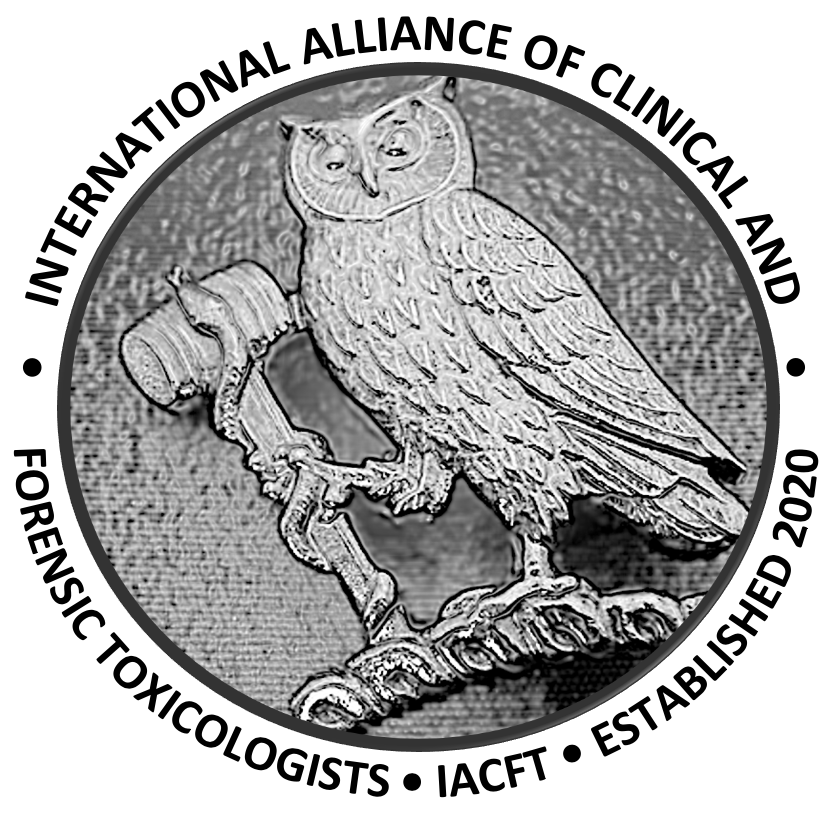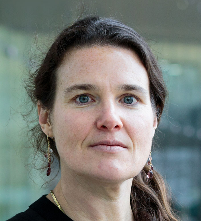MSACL 2022Monterey, CA April 5-8 |
Agenda
Educational Grants supported in part by:
|
Agenda (Preliminary) - View Program
Thursday, April 7
Time |
Sessions |
|||
|---|---|---|---|---|
| Registration Desk Opens Location: De Anza Foyer
|
||||
745 |
Round Table Interest Groups Location: De Anza Foyer
(1) JMSACL co-Editors-in-Chief (Tim Garrett & Kara Lynch): Current and Interested Editors and Reviewers Round-Up (2) Meet a Clinical Chemist with Shannon Haymond and Stephen Master (3) Tissue Imaging Satellite Conference Discussion with Michael Angelo & David Herold |
|||
825 |
Industry Workshop : Open Slot : None Scheduled Location: De Anza 1
|
|||
825 |
Industry Workshop : Open Slot : None Scheduled Location: De Anza 1
|
|||
825 |
Industry Workshop : Open Slot : None Scheduled Location: De Anza 2
|
|||
825 |
Industry Workshop : Open Slot : None Scheduled Location: De Anza 2
|
|||
825 |
Industry Workshop : Open Slot : None Scheduled Location: De Anza 3
|
|||
825 |
Industry Workshop : Open Slot : None Scheduled Location: De Anza 3
|
|||
855 |
Proteins in Space: Statistical Approaches to Understand the Spatial Organization and Structure of Proteins in Complex Tissues Location: De Anza
Spatial single-cell technologies have enabled the comprehensive study of complex tissues and organs at a single-cell level. However, the statistical methods to perform analyses have not kept pace with the technologies for measuring spatially-resolved genes and proteins in tissue samples. In this talk, I will present two methods that allow the study of spatially-resolved proteomics data. First, nonnegative spatial factorization develops a low-dimensional representation of the spatially-resolved samples to identify variation in protein expression across space. Second, Gaussian process spatial alignment allows multiple slices from different technologies to be aligned to a known or unknown common coordinate system, enabling the construction of a tissue atlas from disparate samples of that tissue type. |
|||
900 |
Analytik Jena Industry Brief (5m) Location: De Anza
MALDI-TOF-MS sample preparation – A comprehensive view of automated liquid handling concepts |
|||
915 |
Coffee Break Location: Exhibit Hall - Serra
|
|||
1000 |
Statistical Considerations for Biomarker Discovery Experiments: From a Model Organism to Clinical Study Location: De Anza
Quantitative mass spectrometry-based proteomics is a technology of growing importance in biological and clinical research. As modern quantitative mass spectrometry-based proteomics workflows become complex and diverse, it requires statistical considerations, methods, and computational tools for experimental planning and data analysis to reduce bias and inefficiencies and maximize the reproducibility of results. This talk will highlight statistics essential for proteomics experiments and considerations for designing a proteomics experiment for biological research biomarker discovery and issues related to large quantitative proteomic datasets generated by diverse types of acquisition of proteomics. Also, this talk will present the comprehensive mass-spectrometry proteomics-based strategy and case studies for the clinical protein biomarker development, from a model organism to large-scale clinical samples, with rigorous experimental design and statistical analysis. |
|||
1015 |
Coffee Break Location: Exhibit Hall - Serra
|
|||
1100 |
Adapting to the New Normal: Navigating the Rollercoaster of SARS-CoV-2 Testing Needs While Building Long Term Capabilities Location: De Anza
The COVID-19 pandemic has been a challenging time for clinical laboratories, but it has also improved awareness of the important role labs play across health care and public health domains. The University of Washington Department of Laboratory Medicine and Pathology has worked to establish diagnostic SARS-CoV-2 testing as a widely available resource over a large footprint of our state by combining expertise in laboratory testing and informatics with community partnerships to expand testing access and convenience. Over the course of the pandemic the needs of our laboratories as well as of the public and of public health authorities have evolved. Staffing and supply chain challenges have placed a greater emphasis on efficiency and productivity. The need for genomic surveillance of the evolving virus has required a close integration of clinical workflows with research-focused genomics workflows. Increased demand for services coupled with record high positivity rates during the omicron surge has challenged our model for expanding capacity using sample pooling. This presentation will describe the evolution of our testing program and infrastructure amidst these challenges, highlighting the informatics capabilities we needed to adapt. Finally, we will discuss what needs and capabilities are likely to persist beyond the pandemic and how the lessons we have learned can better equip laboratories to improve the health of the public. |
|||
1200 |
Poster Session Location: Exhibit Hall - Serra
|
|||
1400 |
Poster Session Location: Exhibit Hall - Serra
|
|||
| Exhibits Closed Location: Exhibit Hall - Serra
|
||||
1500 |
Scientific Session 4 Microbiology - Identification and Metabolomics Location: De Anza 1
|
|||
1500 |
Scientific Session 4 Monitoring mAb Location: De Anza 2
|
|||
1500 |
Scientific Session 4 Making the Most of the Data We Harvest Location: De Anza 3
|
|||
1500 |
Scientific Session 4 Location: Bonsai
|
|||
1515 |
Break Location: De Anza Foyer
|
|||
1615 |
Scientific Session 5 Vitamin D Location: De Anza 1
|
|||
1615 |
Scientific Session 5 Drugs of Abuse Location: De Anza 2
|
|||
1615 |
Scientific Session 5 Late-Breaking Submissions A Location: De Anza 3
|
|||
1615 |
Scientific Session 5 Location: Bonsai
|
|||
1630 |
Break Location: De Anza Foyer
|
|||
1730 |
Scientific Session 6 Multiplexing Small Molecules and Glycans Location: De Anza 1
|
|||
1730 |
Scientific Session 6 Top-Down Protein Characterization Location: De Anza 2
|
|||
1730 |
Scientific Session 6 Late-Breaking Submissions B Location: De Anza 3
|
|||
1730 |
Scientific Session 6 Location: Bonsai
|
|||
2000 |
Dinner & British-Style Trivia Night with Tim Location: San Carlos
|
|||
| After Hours Activity Suggestions Location: Off-site
*These are non-MSACL-sponsored activities. Alvarado Beer Garden. Club Cibo - $5 drinks all night. |
||||



